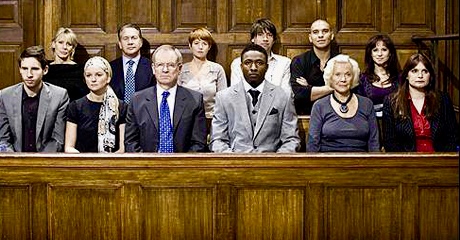
Rule 12 – 6 sets out nine types of court actions that cannot be heard by a jury.
A few of them are the administration of the estate of a deceased person, the dissolution of a partnership, foreclosure actions ,partition of property, custody and guardianship of children and the execution of trusts.
Accordingly, most court actions can be heard by a jury subject to a few requirements as were discussed in the decision Makasoff v CIBC World markets Inc. 2017 BCSC 2128.
The defendant successfully challenged a jury notice and obtained an order that the trial proceed by Judge alone on the basis that pursuant to rule 12-6(5) (a) the issues were too intricate and complex in character for a jury to conveniently handle.
The notice of claim was extensive and essentially alleged various breaches of contract and breaches of fiduciary duty on the part of the defendant bank.
They were in excess of 3000 documents to be considered which the court found would require a prolonged examination of documents that may be beyond the ability of a jury to retain its understanding and during its time constrained deliberation analyze the evidence and decide the difficult questions of the case.
The court stated that a judge would have a lengthy period of time to consider the evidence and would probably draft and redraft the judgment several times and make countless calculations to test and verify the reasonableness of his or her conclusions. A jury does not have this luxury of time to consider its verdict.
The court further stated that it would be difficult for a judge sitting alone to properly instruct himself or herself as to the law applicable to the decision to be made, but a judge sitting with a jury must charge the jury on one occasion on all of the law that may be applicable depending upon what view of the numerous issues, the jury may take.
Plaintiffs are entitled to choose the mode of trial, but it must be clear that the trial will be fair to all parties- Lomax v. Weins 2003 BCSC 396.
There were a multiplicity of causes of action, ranging from breach of contract, breach of fiduciary duty and interference with economic relations and the assessment of damages over a large number of transactions.
The question thus became what will the jury be asked to do and are those tasks too complex or intricate to ensure a fair trial.
The court followed the decision of Dopf v. Royal Bank of Canada 1998 CanLii 6494 (BCCA), finding that the jury would be left with an overwhelming difficulty due to the complexity of the case.
Accordingly, the court ordered that the jury notice be struck in the case proceed before a judge alone.




